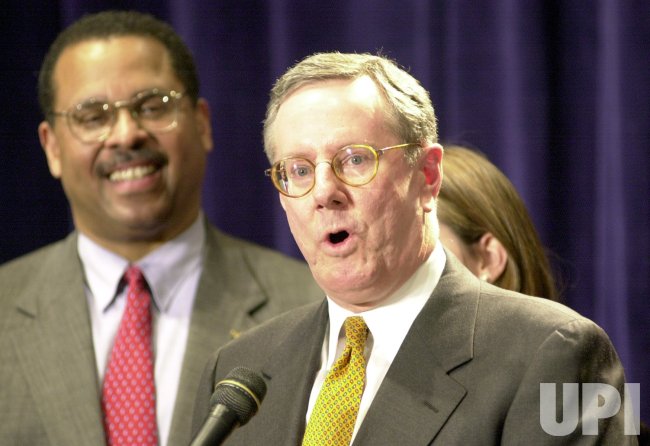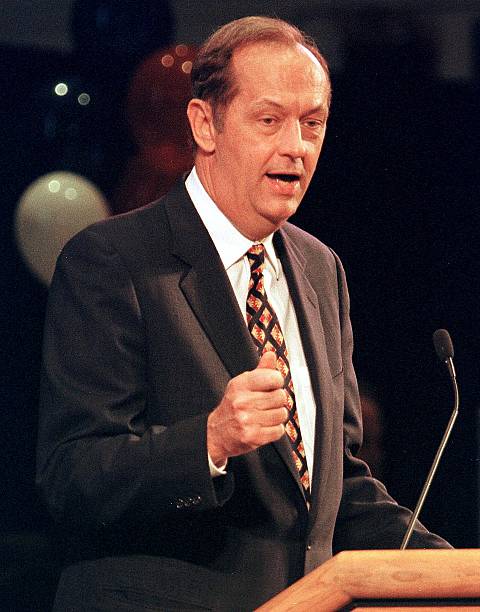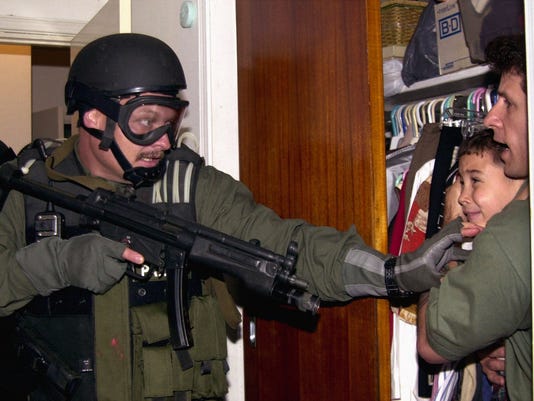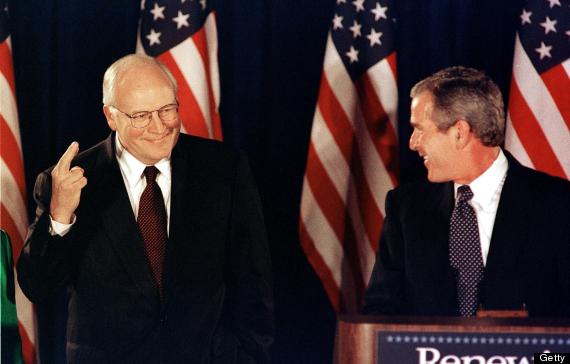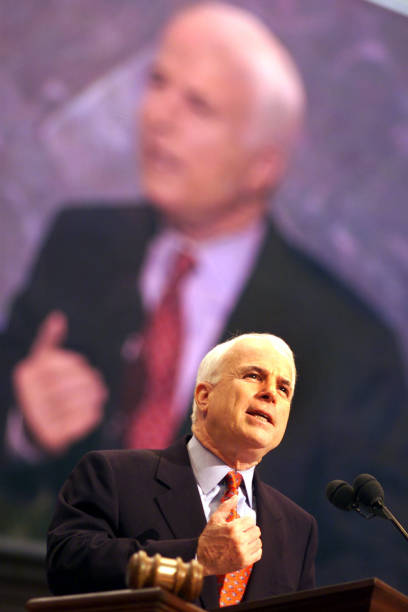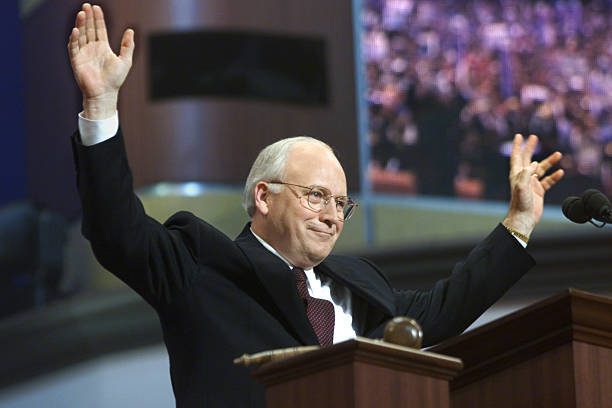Intro/Chapter 1: January, 2000
Nazi Space Spy
Banned
This timeline will cover world affairs over the first two decades of the Millennium; I was inspired by the format of @Drew's masterpiece "Fear, Loathing, and Gumbo" for the format, which blends the day to day timeline with narrative and history book entries which held bring events to life. I'm greatly excited to begin, at long last, my first formal timeline after several years of posting. Covering 2000 through 2020, this timeline will look at all aspects of life, from sports to culture to politics to technology with a goal of creating a believable and hopefully enjoyable timeline.
Saturday, January 1st, 2000:
-New Years Day is marked across the globe with celebrations at the stroke of midnight; the new year ushers in not only just a new century, but also marks the start of a new millennium. Despite concerns about terrorism, celebrations in Time Square - among the largest in the world - result in no incidents of note.
-Boris Yeltstin, President of the Russian Federation, announces during a televised New Years address that he will stand down from office in favor of Prime Minister Vladimir Putin. Under enormous political pressure at home (with an approval rating possibly as low as just 2%), Yeltstin's resignation is widely celebrated across Russia. In his resignation address, Yeltsin promises new elections will be held in March, and asks for "forgiveness" as "many of our dreams did not come true." Vladimir Putin spends New Years Day in his new capacity as Acting President of Russia, in which he takes a slew of international calls from other leaders such as American President Bill Clinton, British Prime Minister Tony Blair, President Jiang Zemin of China, and Chancellor Gerhard Schroeder.
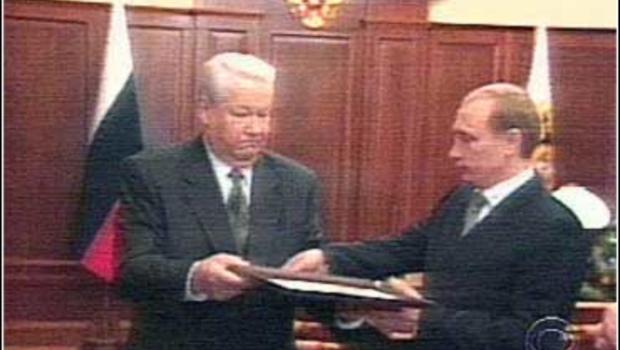
Yeltsin hands power to Putin.
Sunday, January 2nd, 2000: In an interview with NBC's "Meet the Press," former Senator Bill Bradley (D-NJ) effectively announces that his campaign will be abandoning their efforts in Iowa. "We have to pick our battles carefully" Bradley tells host Tim Russert, "and the truth is, Iowa just isn't a fertile breeding ground for generating grassroots change because the caucus system works against outsider candidates." In turn, Bradley will concentrate greater resources into the New Hampshire primary, where he hopes to defeat incumbent Vice President Al Gore, currently the frontrunner for the Democratic nomination.
Monday, January 3rd, 2000: In the wake of Bradley's decision to "abandon" Iowa, Vice President Gore and Governor Tom Vilsack hit the ground in the Hawkeye State in order to run up the score and generate even further enthusiasm for the campaign. Privately, several staffers inside the Gore campaign question this move, believing that he should instead follow Senator Bradley to New Hampshire in order to blunt his momentum in a state known for its more independently motivated voters. Despite the insistence of Donna Brazille, the campaign's manager, that the Vice President can force Bradley out of the race before the primary if he focuses more on New Hampshire, he none the less ignores her advice and instead continues to meet voters in Iowa in order to run up the score.
Wednesday, January 5th-Saturday, January 8th, 2000: In a hotel room in Kuala Lampar, Malaysia, several top lieutenants of Al Qaeda leader Osama Bin Laden meet with Yazid Sufaat, a former military officer and businessman. Unknown to them, they are under surveillance from Malaysian intelligence officials at the request of the CIA. Unfortunately for the CIA, only video recording of the attendees entering and leaving over the next three days surfaces, and the operation is later deemed a failure.
Monday, January 10th, 2000: Time Warner announces plans for it to be purchased by America Online for a record setting $162 billion, which if approved will be the largest corporate merger in American history. The deal must face approval by both the Federal Trade Commission and the European Commission respectively. Former Senator Bradley uses the issue to highlight his opposition to corporate influence over politics, another chance to flex his progressive credentials ahead of the first primary contests.
Wednesday, January 12th, 2000: Attorney General Janet Reno orders Elian Gonzalez’s return to Cuba, angering Cuban émigrés and conservative activists alike. The order, if heeded would bring one of the longest and most dramatic custody battles in American history to a close.
Thursday, January 13th, 2000: The New York Times publishes a report in which several staffers for socially conservative Republican presidential contender Gary Bauer express discomfort with his relationship with another young female staffer; the article, ironically, was meant to cover workplace attitudes towards sexual harassment in the political world, and did not allege Bauer was guilty of actual misconduct. None the less, the reports of "closed door meetings" with a young female staffer spread, forcing Bauer to deny any misconduct.
Friday, January 14th, 2000:
-Senator Orrin Hatch (R-UT) insists he’ll continue his presidential campaign despite low polling and even lower fundraising; Hatch blames his campaign’s misfortunes on the RNC, which he claims is “rigged” by supporters of Governor Bush. Fellow candidate Senator John McCain (R-AZ) also issues a statement in support of Hatch, claiming “unfair media coverage” and “a lack of support for alternative candidates by the Republican National Committee” have hampered his own candidacy as well.
-The Dow Jones peaks at 11,722.98, a record day for Wall Street.
Monday, January 17th, 2000: Melissa McClard, a 27 year old campaign staffer for Gary Bauer, calls a press conference in Des Moines, Iowa, where she outlines a months long affair with the candidate and detailed multiple liaisons with Bauer that took place throughout the campaign. A number of Bauer's top staff resign as Bauer's campaign crumbles overnight, even though he denies the allegations.
Wednesday, January 19th, 2000: In a surprise announcement, Congressman Bernie Sanders (I-VT) announces he will challenge liberal Republican incumbent Jim Jeffords for his Senate seat in the 2000 election; Sanders has the support of Governor Howard Dean and presidential contender Bill Bradley.
Thursday, January 20th, 2000: Gary Bauer bows out of the presidential race, citing "scurrilous rumors" for sinking his campaign. Bauer calls on evangelical voters to unite behind the candidacy of Ambassador Alan Keyes, who surges in Iowa with the critical caucuses just four days away.
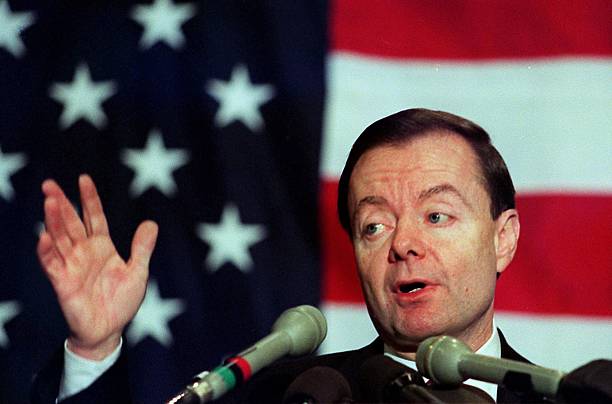
Gary Bauer suspends his campaign.
Saturday, January 22nd, 2000: With the Iowa caucuses just days away, the airwaves are filled with campaign ads. The Bush campaign releases an ad highlighting the Texas Governor's social conservative views in an attempt to dull momentum, while Keyes attempts to profit off the last minute enthusiasm for his campaign by raking in money from supporters to fund his campaign beyond the Iowa caucuses.
Monday, January 24th, 2000: Caucuses held in Alaska and Iowa.
=======================================================================
2000 Republican Alaska Caucus: 4,128 Votes, 23 Delegates.
Steve Forbes: 37.36%-1,542 votes, 12 delegates.
George Bush: 34.93%-1,441 votes, 11 delegates.
Alan Keyes: 16.70%-689 votes.
John McCain: 8.64%-356 votes.
Orrin Hatch: 2.37%-97 votes.
2000 Iowa Republican Caucus: 83,462 Votes, 25 Delegates.
George Bush: 43.82%-36,573 votes, 11 delegates.
Alan Keyes: 30.99%-25,859 votes, 7 delegates.
Steve Forbes: 20.72%-17,293 votes, 5 delegates.
John McCain: 3.33%-2,779 votes, 1 delegate.
Orrin Hatch: 1.14%-951 votes, 1 delegate.
2000 Iowa Democratic Caucus: 1,986 Votes, 57 Delegates.
Albert Gore: 66.57%-1,322 votes, 38 delegates.
Bill Bradley: 33.29%-661 votes, 19 delegates.
Lyndon LaRouche: 0.14%-2 votes.
=======================================================================
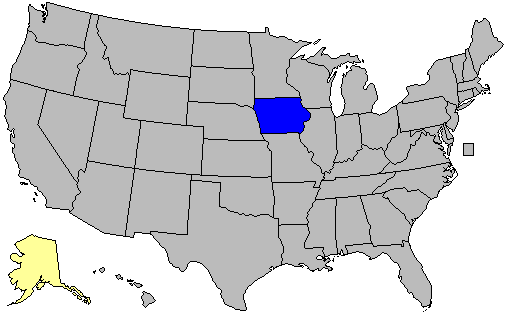 Republican Delegate Count
Republican Delegate Count
George Bush: 22
Steve Forbes: 17
Alan Keyes: 7
John McCain: 1
Orrin Hatch: 1
=======================================================================
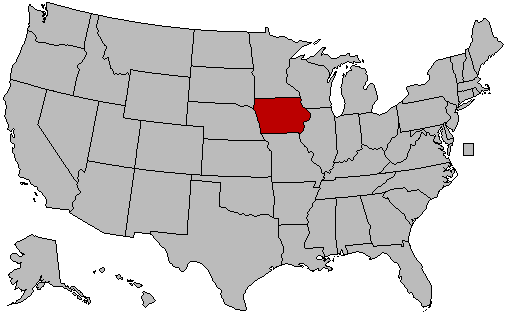
Democratic Delegate Count
Albert Gore: 38
Bill Bradley: 19
=======================================================================
Wednesday, January 26th, 2000:
-Wall Street is shut down briefly by large crowds after an impromptu concert by Rage Against The Machine occurs outside of the New York Stock Exchange.
Friday, January 28th, 2000:
-NBC hosts a televised debate between four of the five remaining Republican presidential candidates.
=======================================================================
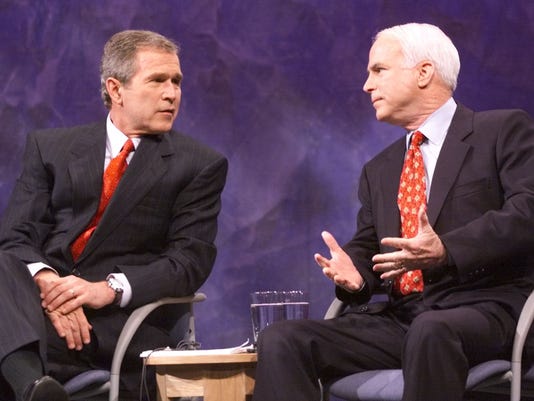
McCain and Bush debate in New Hampshire.
Tim Russert: Good evening, and welcome to NBC’s New Hampshire primary debate. Tonight, Governor George Bush, Mr. Steve Forbes, Ambassador Alan Keyes, and Senator John McCain will face off in the last scheduled debate before the Republican primary here in New Hampshire. Senator Orrin Hatch declined our invitation to debate and is in Washington undertaking his Senate duties. The rules have been agreed to in advance, and each candidate has agreed to simply “jump right in.” Our first question goes to Governor Bush. Governor Bush, if you could write a two sentence long amendment to the constitution, what would it be?
George Bush: I’d write an amendment guaranteeing the right of the unborn to life. We as the Republicans are and must remain the pro-life party in the United States. Of course, good people can and often times will have honest disagreements, and simultaneously, we cannot exclude those who are not pro-life from out party. We must-
Alan Keyes: Can I just interject here?
Tim Russert: In a minute, Ambassador Keyes, in a minute-
Alan Keyes: What I just heard is disgusting! Governor Bush, are you suggesting that we open our party up to “moderating” our position on abortion? Because if anyone is extremist, it is the folks like you that-
George Bush: You are misunderstanding, intentionally I might add, what I said-
Alan Keyes: You just said we ought to no longer remain the pro-life party in the United States. Here is an idea, why don’t you and Senator McCain and the rest of the party bigwigs stand for something!
……
Tim Russert: Senator McCain, you have been running ads here in New Hampshire that underscore your military experience. Do you believe that not having military service is a handicap?
John McCain: Oh no, no, not at all. But having military service in a candidate’s background certainly isn’t a handicap either. I’m proud of my service, and I believe that this administration has conducted a feckless, photo-op foreign policy for which we may have to pay a very heavy price in the future in American blood and treasure. And I believe that my experience makes me uniquely qualified to take America into this new century.
Tim Russert: Governor Bush, you too have served-
George Bush: I contest Senator McCain’s claims. I too am an air force veteran, and I have always believed that my service, just like my father’s, was a humbling experience. I don’t speak often of it for that reason.
John McCain: Governor Bush, you certainly are a veteran of Senator Edward Gurney’s campaign. But you were actually reprimanded for failure to take a physical exam and prevented from flying. That-
George Bush: Are you saying that my service was-
John McCain: I am saying that, yes, while you did serve, you also received treatment that my brothers in arms didn’t receive due to the status of your father. And I think it is disingenuous and downright insulting to Vietnam veterans that you claim to be one!
……
Tim Russert: Mr. Forbes, you have been critical of Ambassador Keyes tax proposals, claiming that his plan is simply a “fantastical twist of the Forbes plan that promises everything and delivers nothing.” Due to the similarities between your plans, is that an attack on your own proposals?
Steve Forbes: Absolutely not, Ambassador Keyes plan fails to go into specifics. He does not know if he wants a 20% or 25% retail flat tax. He does not know if his own plan will continue to produce a balanced budget and he does not know if his plan will even pass Congress-
Alan Keyes: My position is that of the constitution, which holds that the income tax is unconstitutional. It was unconstitutionally passed and ratified, and is illegitimate. You ought to quit hawking your campaign books and start hawking some pocket constitutions, Mr. Forbes, you might learn something!
……
Tim Russert: Governor Bush, you recently won the caucuses in Iowa and narrowly lost the Alaska caucus to Mr. Forbes. Do you believe that Mr. Forbes background as a successful businessman and publisher is the force behind his recent surge in the polls, and how do you reconcile your own career to voters?
George Bush: Well, I believe my record stands on its own. If you look at what we’ve done in Texas, we have reduced taxes, we have reduced the number of state employees, and we have reduced spending. And I was able to do this thanks to my background in the energy industry-
Steve Forbes: Governor Bush, you are lying. You’re simply lying, in particular about your business background. The fact is, you failed. You can’t run an oil company, what makes you think you can run a country? What-
George Bush: Mr. Forbes, you have yet to have a coherent position on most if not all of the issues throughout the campaign. I am offering voters a clear choice-
Steve Forbes: You’re offering them another politician.
George Bush: Maybe that’s what this country needs!
Steve Forbes: You said it, Governor Bush, not me. I’ll let your words speak for-
George Bush: And I’ll let my record speak for itself.
=======================================================================
Sunday, January 30th, 2000: The Tennessee Titans defeat the Saint Louis Rams 26-23 in Superbowl XXXIV.
Monday, January 31st, 2000: Following a poor debate performance, Governor Bush finds himself losing ground to not only Senator McCain but also businessman Steve Forbes as the New Hampshire primaries creep closer and closer.
Saturday, January 1st, 2000:
-New Years Day is marked across the globe with celebrations at the stroke of midnight; the new year ushers in not only just a new century, but also marks the start of a new millennium. Despite concerns about terrorism, celebrations in Time Square - among the largest in the world - result in no incidents of note.
-Boris Yeltstin, President of the Russian Federation, announces during a televised New Years address that he will stand down from office in favor of Prime Minister Vladimir Putin. Under enormous political pressure at home (with an approval rating possibly as low as just 2%), Yeltstin's resignation is widely celebrated across Russia. In his resignation address, Yeltsin promises new elections will be held in March, and asks for "forgiveness" as "many of our dreams did not come true." Vladimir Putin spends New Years Day in his new capacity as Acting President of Russia, in which he takes a slew of international calls from other leaders such as American President Bill Clinton, British Prime Minister Tony Blair, President Jiang Zemin of China, and Chancellor Gerhard Schroeder.

Yeltsin hands power to Putin.
Monday, January 3rd, 2000: In the wake of Bradley's decision to "abandon" Iowa, Vice President Gore and Governor Tom Vilsack hit the ground in the Hawkeye State in order to run up the score and generate even further enthusiasm for the campaign. Privately, several staffers inside the Gore campaign question this move, believing that he should instead follow Senator Bradley to New Hampshire in order to blunt his momentum in a state known for its more independently motivated voters. Despite the insistence of Donna Brazille, the campaign's manager, that the Vice President can force Bradley out of the race before the primary if he focuses more on New Hampshire, he none the less ignores her advice and instead continues to meet voters in Iowa in order to run up the score.
Wednesday, January 5th-Saturday, January 8th, 2000: In a hotel room in Kuala Lampar, Malaysia, several top lieutenants of Al Qaeda leader Osama Bin Laden meet with Yazid Sufaat, a former military officer and businessman. Unknown to them, they are under surveillance from Malaysian intelligence officials at the request of the CIA. Unfortunately for the CIA, only video recording of the attendees entering and leaving over the next three days surfaces, and the operation is later deemed a failure.
Monday, January 10th, 2000: Time Warner announces plans for it to be purchased by America Online for a record setting $162 billion, which if approved will be the largest corporate merger in American history. The deal must face approval by both the Federal Trade Commission and the European Commission respectively. Former Senator Bradley uses the issue to highlight his opposition to corporate influence over politics, another chance to flex his progressive credentials ahead of the first primary contests.
Wednesday, January 12th, 2000: Attorney General Janet Reno orders Elian Gonzalez’s return to Cuba, angering Cuban émigrés and conservative activists alike. The order, if heeded would bring one of the longest and most dramatic custody battles in American history to a close.
Thursday, January 13th, 2000: The New York Times publishes a report in which several staffers for socially conservative Republican presidential contender Gary Bauer express discomfort with his relationship with another young female staffer; the article, ironically, was meant to cover workplace attitudes towards sexual harassment in the political world, and did not allege Bauer was guilty of actual misconduct. None the less, the reports of "closed door meetings" with a young female staffer spread, forcing Bauer to deny any misconduct.
Friday, January 14th, 2000:
-Senator Orrin Hatch (R-UT) insists he’ll continue his presidential campaign despite low polling and even lower fundraising; Hatch blames his campaign’s misfortunes on the RNC, which he claims is “rigged” by supporters of Governor Bush. Fellow candidate Senator John McCain (R-AZ) also issues a statement in support of Hatch, claiming “unfair media coverage” and “a lack of support for alternative candidates by the Republican National Committee” have hampered his own candidacy as well.
-The Dow Jones peaks at 11,722.98, a record day for Wall Street.
Monday, January 17th, 2000: Melissa McClard, a 27 year old campaign staffer for Gary Bauer, calls a press conference in Des Moines, Iowa, where she outlines a months long affair with the candidate and detailed multiple liaisons with Bauer that took place throughout the campaign. A number of Bauer's top staff resign as Bauer's campaign crumbles overnight, even though he denies the allegations.
Wednesday, January 19th, 2000: In a surprise announcement, Congressman Bernie Sanders (I-VT) announces he will challenge liberal Republican incumbent Jim Jeffords for his Senate seat in the 2000 election; Sanders has the support of Governor Howard Dean and presidential contender Bill Bradley.
Thursday, January 20th, 2000: Gary Bauer bows out of the presidential race, citing "scurrilous rumors" for sinking his campaign. Bauer calls on evangelical voters to unite behind the candidacy of Ambassador Alan Keyes, who surges in Iowa with the critical caucuses just four days away.

Gary Bauer suspends his campaign.
Saturday, January 22nd, 2000: With the Iowa caucuses just days away, the airwaves are filled with campaign ads. The Bush campaign releases an ad highlighting the Texas Governor's social conservative views in an attempt to dull momentum, while Keyes attempts to profit off the last minute enthusiasm for his campaign by raking in money from supporters to fund his campaign beyond the Iowa caucuses.
Monday, January 24th, 2000: Caucuses held in Alaska and Iowa.
=======================================================================
2000 Republican Alaska Caucus: 4,128 Votes, 23 Delegates.
Steve Forbes: 37.36%-1,542 votes, 12 delegates.
George Bush: 34.93%-1,441 votes, 11 delegates.
Alan Keyes: 16.70%-689 votes.
John McCain: 8.64%-356 votes.
Orrin Hatch: 2.37%-97 votes.
2000 Iowa Republican Caucus: 83,462 Votes, 25 Delegates.
George Bush: 43.82%-36,573 votes, 11 delegates.
Alan Keyes: 30.99%-25,859 votes, 7 delegates.
Steve Forbes: 20.72%-17,293 votes, 5 delegates.
John McCain: 3.33%-2,779 votes, 1 delegate.
Orrin Hatch: 1.14%-951 votes, 1 delegate.
2000 Iowa Democratic Caucus: 1,986 Votes, 57 Delegates.
Albert Gore: 66.57%-1,322 votes, 38 delegates.
Bill Bradley: 33.29%-661 votes, 19 delegates.
Lyndon LaRouche: 0.14%-2 votes.
=======================================================================
George Bush: 22
Steve Forbes: 17
Alan Keyes: 7
John McCain: 1
Orrin Hatch: 1
=======================================================================
Albert Gore: 38
Bill Bradley: 19
=======================================================================
Wednesday, January 26th, 2000:
-Wall Street is shut down briefly by large crowds after an impromptu concert by Rage Against The Machine occurs outside of the New York Stock Exchange.
Friday, January 28th, 2000:
-NBC hosts a televised debate between four of the five remaining Republican presidential candidates.
=======================================================================

McCain and Bush debate in New Hampshire.
George Bush: I’d write an amendment guaranteeing the right of the unborn to life. We as the Republicans are and must remain the pro-life party in the United States. Of course, good people can and often times will have honest disagreements, and simultaneously, we cannot exclude those who are not pro-life from out party. We must-
Alan Keyes: Can I just interject here?
Tim Russert: In a minute, Ambassador Keyes, in a minute-
Alan Keyes: What I just heard is disgusting! Governor Bush, are you suggesting that we open our party up to “moderating” our position on abortion? Because if anyone is extremist, it is the folks like you that-
George Bush: You are misunderstanding, intentionally I might add, what I said-
Alan Keyes: You just said we ought to no longer remain the pro-life party in the United States. Here is an idea, why don’t you and Senator McCain and the rest of the party bigwigs stand for something!
……
Tim Russert: Senator McCain, you have been running ads here in New Hampshire that underscore your military experience. Do you believe that not having military service is a handicap?
John McCain: Oh no, no, not at all. But having military service in a candidate’s background certainly isn’t a handicap either. I’m proud of my service, and I believe that this administration has conducted a feckless, photo-op foreign policy for which we may have to pay a very heavy price in the future in American blood and treasure. And I believe that my experience makes me uniquely qualified to take America into this new century.
Tim Russert: Governor Bush, you too have served-
George Bush: I contest Senator McCain’s claims. I too am an air force veteran, and I have always believed that my service, just like my father’s, was a humbling experience. I don’t speak often of it for that reason.
John McCain: Governor Bush, you certainly are a veteran of Senator Edward Gurney’s campaign. But you were actually reprimanded for failure to take a physical exam and prevented from flying. That-
George Bush: Are you saying that my service was-
John McCain: I am saying that, yes, while you did serve, you also received treatment that my brothers in arms didn’t receive due to the status of your father. And I think it is disingenuous and downright insulting to Vietnam veterans that you claim to be one!
……
Tim Russert: Mr. Forbes, you have been critical of Ambassador Keyes tax proposals, claiming that his plan is simply a “fantastical twist of the Forbes plan that promises everything and delivers nothing.” Due to the similarities between your plans, is that an attack on your own proposals?
Steve Forbes: Absolutely not, Ambassador Keyes plan fails to go into specifics. He does not know if he wants a 20% or 25% retail flat tax. He does not know if his own plan will continue to produce a balanced budget and he does not know if his plan will even pass Congress-
Alan Keyes: My position is that of the constitution, which holds that the income tax is unconstitutional. It was unconstitutionally passed and ratified, and is illegitimate. You ought to quit hawking your campaign books and start hawking some pocket constitutions, Mr. Forbes, you might learn something!
……
Tim Russert: Governor Bush, you recently won the caucuses in Iowa and narrowly lost the Alaska caucus to Mr. Forbes. Do you believe that Mr. Forbes background as a successful businessman and publisher is the force behind his recent surge in the polls, and how do you reconcile your own career to voters?
George Bush: Well, I believe my record stands on its own. If you look at what we’ve done in Texas, we have reduced taxes, we have reduced the number of state employees, and we have reduced spending. And I was able to do this thanks to my background in the energy industry-
Steve Forbes: Governor Bush, you are lying. You’re simply lying, in particular about your business background. The fact is, you failed. You can’t run an oil company, what makes you think you can run a country? What-
George Bush: Mr. Forbes, you have yet to have a coherent position on most if not all of the issues throughout the campaign. I am offering voters a clear choice-
Steve Forbes: You’re offering them another politician.
George Bush: Maybe that’s what this country needs!
Steve Forbes: You said it, Governor Bush, not me. I’ll let your words speak for-
George Bush: And I’ll let my record speak for itself.
=======================================================================
Sunday, January 30th, 2000: The Tennessee Titans defeat the Saint Louis Rams 26-23 in Superbowl XXXIV.
Monday, January 31st, 2000: Following a poor debate performance, Governor Bush finds himself losing ground to not only Senator McCain but also businessman Steve Forbes as the New Hampshire primaries creep closer and closer.
Last edited:

